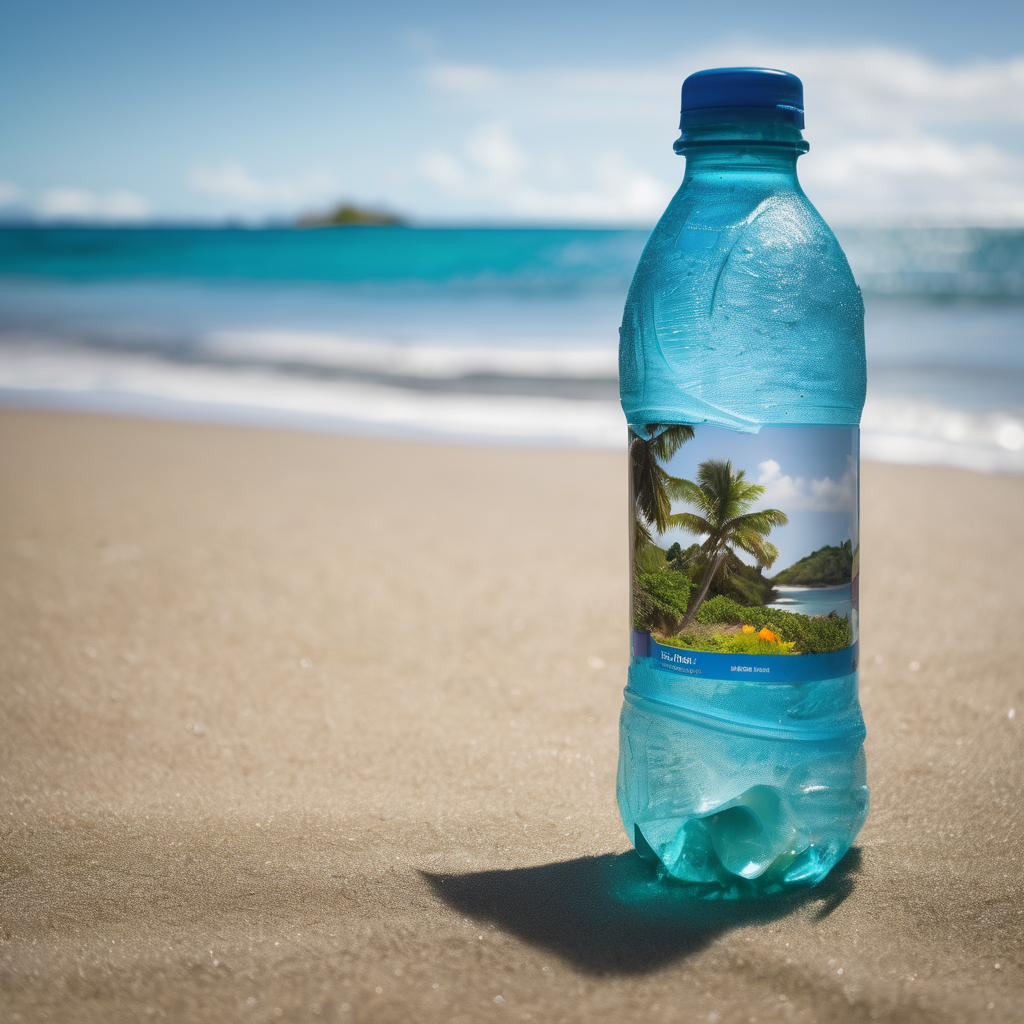Fiji is intensifying its battle against plastic pollution by fast-tracking the implementation of Container Deposit Regulations, which Minister for Environment and Climate Change Mosese Bulitavu has confirmed is progressing positively. These regulations, which mandate the return of beverage containers, aim to significantly reduce pollution in waterways, support recycling efforts, create green jobs, and extend the lifespan of landfills.
Bulitavu noted that this initiative was prioritized by the Prime Minister during Global Recycling Day last year, reflecting a strong political will for environmental stewardship. He stressed that mere voluntary measures from beverage companies will not suffice, indicating the government’s commitment to enforce mandatory regulations. The Ministry has secured dedicated funding and is collaborating with both the Secretariat of the Pacific Regional Environment Program and the UN Environment Program to modernize the existing regulations.
Public and private sector consultations concerning the new laws will begin this month, involving stakeholders such as beverage producers, municipal councils, and community groups. The overarching goal is to promote a circular economy by broadening responsibility for the management of various waste types, including e-waste, tires, and batteries.
While the initiative has been met with some skepticism, particularly regarding Fiji’s national rubbish collection system, which Opposition MP Premila Kumar highlighted as ineffective, the efforts are seen as a crucial step toward enhancing the country’s waste management framework. Kumar acknowledged the initiative’s long history, spanning twenty years of discussions, and emphasized the importance of proper waste collection for its success.
The push for Container Deposit Regulations is also a strategic move aimed at combating ongoing plastic pollution issues highlighted in prior discussions surrounding the potential revisions to Fiji’s Litter Act and Environmental Management Act. Dr. Sivendra Michael, Permanent Secretary for Environment and Climate Change, has previously indicated that such legislation could help reduce plastic waste and promote better recycling practices across Fiji.
As Fiji embarks on these transformative regulations, there is a prevailing sense of optimism regarding the future. With strong government support, community engagement, and collaborative efforts, the nation aims to cultivate a cleaner, more sustainable environment that can benefit present and future generations. These initiatives not only address crucial environmental challenges but also represent a commitment to sustainable growth and responsible environmental stewardship in the island nation.
